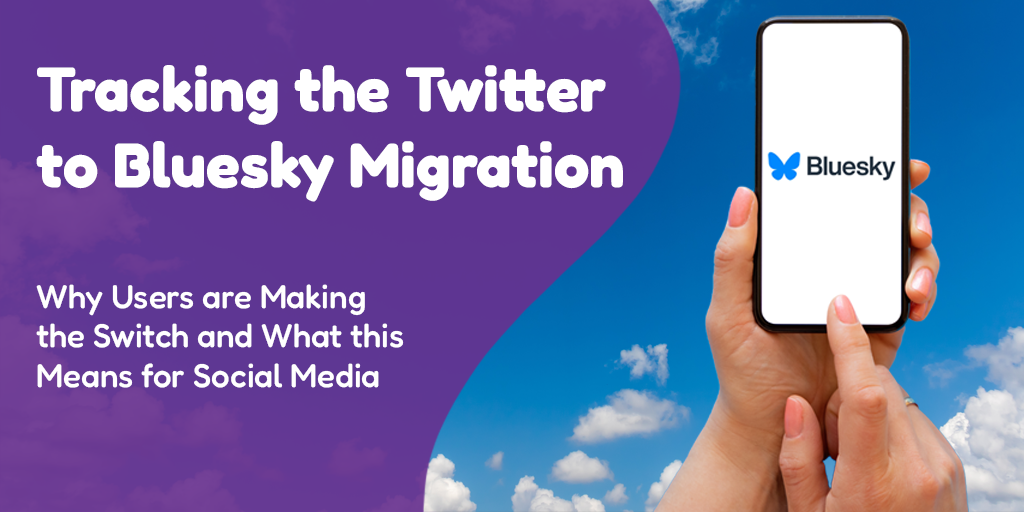I read an article this week that got me thinking: What is the job of marketers?
Read the original article here
The article is looking at the rise of the diamond engagement ring, as orchestrated by De Beers in the 1930s. The De Beers diamond marketing ploy may have been the best-ROI (return on investment) marketing campaign ever, launching a global monopoly and changing the face of marriage proposals forever. In effect, they created a market where there was none; created a need where there was none; created a monopoly and generated demand by controlling supply. Today, ‘engagement ring equals diamond’ is almost a given.
As marketers, our job is sometimes not to bring the market to the people, but to actually create the market, create the demand for what we’re selling. De Beers took this to an extreme that’s rarely seen….or is it? Consider what large electronics companies do: create buzz for an unnecessary item, artificially inflate demand by limiting supply, and create captive markets by restricting use to their own systems/software.
Do people wait in lines today for their Playstation or iPhone because they genuinely need it? Or even want it? Or do they wait, captive, because marketing has played into social psychology and supply-demand economics to create a market, create a demand, create an audience.
As consumers, we rarely consider WHY we want to buy something. Working in marketing, however, means that we’re ALWAYS thinking about what creates perceived need in the consumer. And perhaps that, at the core, is the job of marketing: creating the sense of need in the consumer.
People often ask what my educational background is, how I got into online marketing. They are sometimes surprised by the answer: I hold a BA in Psychology from Smith College, and prior to working in marketing I worked in User Experience exclusively–a field built on the psychology of using artificial environments like websites and apps.
They shouldn’t be surprised. Marketing, at its core, is social psychology put to work. It is the art of manipulation on a grand scale. It is telling people that they not only want an intrinsically useless product, but that they NEED it; that their self-worth and their worth in the eyes of others is dependent on not only having the product, but having spent a lot on it; and doing so SO WELL that the campaign is still providing ROI several generations after its launch.




